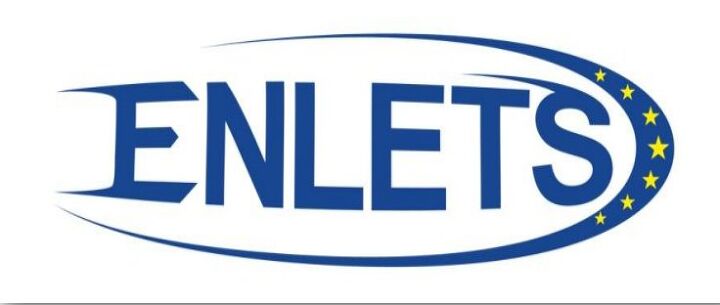#CivilLiberties
Time To Be Vigilant About Vigilant Solutions' Spying On Motorists?
You probably don’t know much about Vigilant Systems, but the company likely knows more about you than you know about them. That because Vigilant Systems is in the business of knowing. The company has so far collected about 2.8 billion license plate photos with its network of cameras, and every month it adds another 70-80 million photos, including a timestamp of the photo and geographic location of the plate, to Vigilant Solutions’ permanent storage. They sell that data to police departments and, depending on the jurisdiction, even some private sector institutions, such as insurance companies investigating fraud.
Vigilant Solutions’ deals with government agencies have raised concerns about civil liberties, freedom of movement, privacy and mass surveillance. As Conor Friedersdorf at The Atlantic describes Vigilant Solutions, “your diminished privacy is their product.”
Postal Inspectors Reported to Be Collecting License Plate Info, Agents Deny Broad Surveillance
The Truth About Cars has followed the use of license plate recognition and storage technology by local law enforcement agencies, a practice that has raised alarms from civil liberties activists because of constitutional concerns over broad surveillance and the ability to reconstruct one’s movements from license plate data. Now it appears that United States Postal Inspection Service, the USPS’ own law enforcement agency has also, at least at one post office in Colorado, been collecting similar data from drivers. Though the device had apparently been operating for at least a few months, within an hour of Chris Halsne, of Denver’s KDVR television station, inquiring from the postal inspectors about a Golden, Colorado post office that had a camera positioned to record drivers’ faces and license plates, triggered as they left the post office property, the in-ground camera was removed.
New York Times: Police Use of Civil Forfeiture Targets Cars, Criminals Perhaps Less So
Perhaps if it was published somewhere else it might have been dismissed as a libertarian rant, but an article in the New York Times about police abuse of civil forfeiture laws, where innocent property owners face the task of proving that their property hasn’t been used illegally (something that seems at odds with the American concept of innocent until proven guilty) is getting a lot of attention. Video of seminars teaching cops and prosecutors how to seize private property have surfaced and they make it seem like law enforcement is less concerned with, well, law enforcement than they are with taking your stuff. Instructions like, “If in doubt… take it!” don’t make it seem like justice is a concern. What was intended by legislators as a means to go after the tools of illegal trades has become a method of padding budgets, buying cop toys and, in what would surely be seen by prosecutors as at the very least a conflict of interest if it was in the private sector, paying the salaries of prosecutors who handle civil forfeiture cases. The Times story revels disturbing practices like wish lists of property to be seized. High on the lists are cars. Can you prove that your car wasn’t used for a crime? The government wins 96% of civil forfeiture cases.
Statewatch: EU Has Plans for Police to Remotely Stop Cars
A privacy advocacy group is reporting that European police forces are working on a remote stopping system to be fitted to cars at the factory that would allow authorities to deactivate any vehicle. Leaked documents reveal plans to implement the system by 2020. The idea is to eliminate the need for high speed chases or tire-spiking strips. The documents were leaked by Statewatch, a watchdog group dedicated to monitoring police powers, state surveillance and civil liberties in the EU.
The remote stopping project is said to be a priority of the European Network of Law Enforcement Technology Services (ENLETS) – a little known and somewhat secretive branch of a EU working group aimed at enhancing police cooperation across the EU.
ACLU Says License Plate Scanning Widespread, With Few Controls On Collected Data
TTAC has recently addressed the issue of police using scanning technology to read license plates and then store their street locations. When the story broke, it centered on a few counties in Northern California, but the American Civil Liberties Union has just released documents that show that the practice is widespread across the United States and that few of the police agencies or private companies that are scanning license plates and storing that data, making it possible to retroactively track drivers, have any meaningful rules in place to protect drivers’ privacy. There are few controls on how the collected data is accessed and used. The documents reveal that many police departments keep the information on millions of people’s locations for years, or even indefinitely, whether or not they are suspected of a crime. Data on tens of millions of drivers is being logged and stored.



















Recent Comments